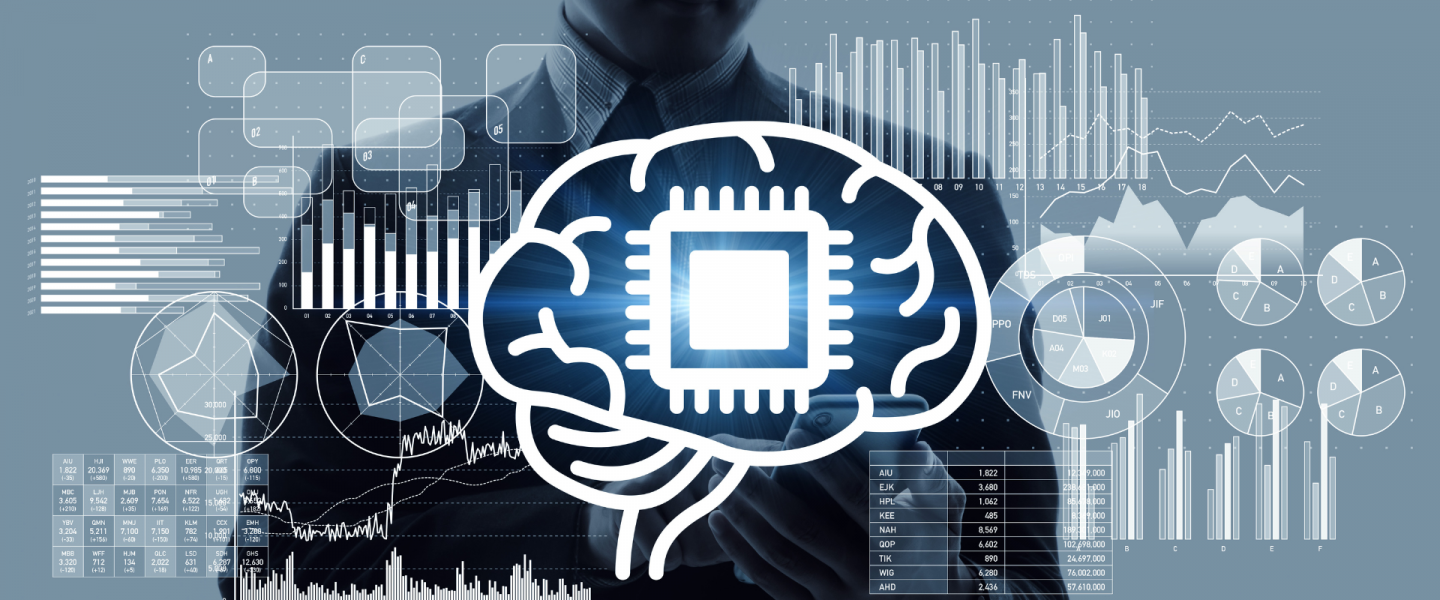Artificial intelligence researchers from the University of Chicago and Northwestern University have developed an AI tool called EVE that can predict loneliness. The tool utilizes a combination of loneliness-related biomarkers, such as how often you interact with your family, your sleep patterns, and how often you use social media to predict loneliness. This AI tool has a number of potential applications, such as identifying at-risk populations and tracking the effects of social programs.
At some point in our lives, we have all likely experienced the feeling that we are more alone than we really are. This feeling of loneliness can affect us in so many ways–from feeling down emotionally to suffering from depression. Despite this, it can be hard to study. Because of this, scientists have a hard time predicting who is most at risk for developing loneliness.
How Can Artificial Intelligence Predict Loneliness?
Artificial Intelligence has become a more and more prevalent topic, and with good reason: the technology already drives many of our experiences online.
- People who are lonely often experience a more negative and pessimistic outlook in life, even after controlling for factors like income.
- They also show more activity in the amygdala, a part of the brain that processes emotions and is associated with feelings of loneliness.
- Social media use — especially on Facebook — is negatively correlated with loneliness.
- Facebook use is also negatively correlated with loneliness across all age groups, but the effect is strongest among older adults.
- Using products designed to combat loneliness, such as the Huggable Hug Pillow, may ameliorate its effects, but the evidence on these products is still scarce.
Loneliness has been defined by psychologists as ‘perceived social isolation or ‘chronic sadness over contact deficit.’ Although being lonely is a feeling, researchers are finally able to use artificial intelligence and machine learning to predict it. The machine learning model learns how loneliness manifests itself in people by analyzing their tweets and other social media content. It then uses that information to make predictions about future feelings of solitude.
Loneliness is a fundamental human emotion. We all feel that at some point. We only need to look around us-we see other people every day, but not all of them make meaningful connections with us or make us feel understood. While modern technology has made it easier to connect with others, sometimes it might lead to more disconnection.
As humans, we’re constantly seeking positive social connections, which is what leads to feelings of happiness and, ultimately, health. However, loneliness is a growing health concern among the elderly, despite modern medicine and social services being more available than ever before.
AI tools show promise in predicting this loneliness and suggesting solutions accordingly. They might recommend you find self-pleasure on websites akin to https://www.xxxtube1.com/categories/419/mommy as a short-term solution, or they might also suggest seeing a mental health professional if the loneliness is causing depression or some other illness.
Researchers were able to predict loneliness from non-numerical data. They built a model that used over 100 variables to predict a person’s likelihood of feeling lonely. This data included public social media posts, Instagram likes, and Google searches. The model accurately predicted the feeling of loneliness in 80% of people.
Loneliness is more than just feeling socially isolated. This feeling can lead to a number of health problems. People who feel lonely have been shown to die as much as eight years earlier than those without these feelings. This new research could be the first step toward preventing health problems. With the help of data, people can do a few changes in their lifestyle and adopt a few techniques to prevent feeling lonely. For instance, they can hang out more with their friends, engage in hookups with VIP escorts London (or the ones elsewhere), or even explore dating, depending on what interests them. By engaging in activities that provide social interaction, people can reduce their risk of feeling lonely, as well as its associated health risks. Alternatively, they can engage in some form of self-love or find fulfillment in a waifu body pillow, or look for products like sex dolls to satisfy sexual desires.
Technology has leveled the playing field for researchers. Loneliness-detecting tools let researchers access large, rich data sources, find patterns, and even learn. And our research provides algorithms with data and methods to improve their own performance. Loneliness is becoming a huge problem that needs to change immediately. Being able to identify the problem, as well as potential measures for a solution, is the first step toward making change. This technology could perhaps one day identify whenever people start to have intense loneliness, and accordingly recommend short-term solutions such as texting a friend, finding a hookup, or watching some satisfying videos on Cartoon Porno or similar websites. It could also offer further solutions such as seeing a therapist, talking to family or friends for counsel, and more.
Loneliness is a global epidemic that impacts one out of every three adults at some point in their life. Research indicates that it is harmful and can lead to numerous health issues such as gastrointestinal diseases, high blood pressure, and decreased immune responses. Loneliness is an indicator of poor health and well-being and is debilitating. It is a serious problem, and AI tools can help predict loneliness.

